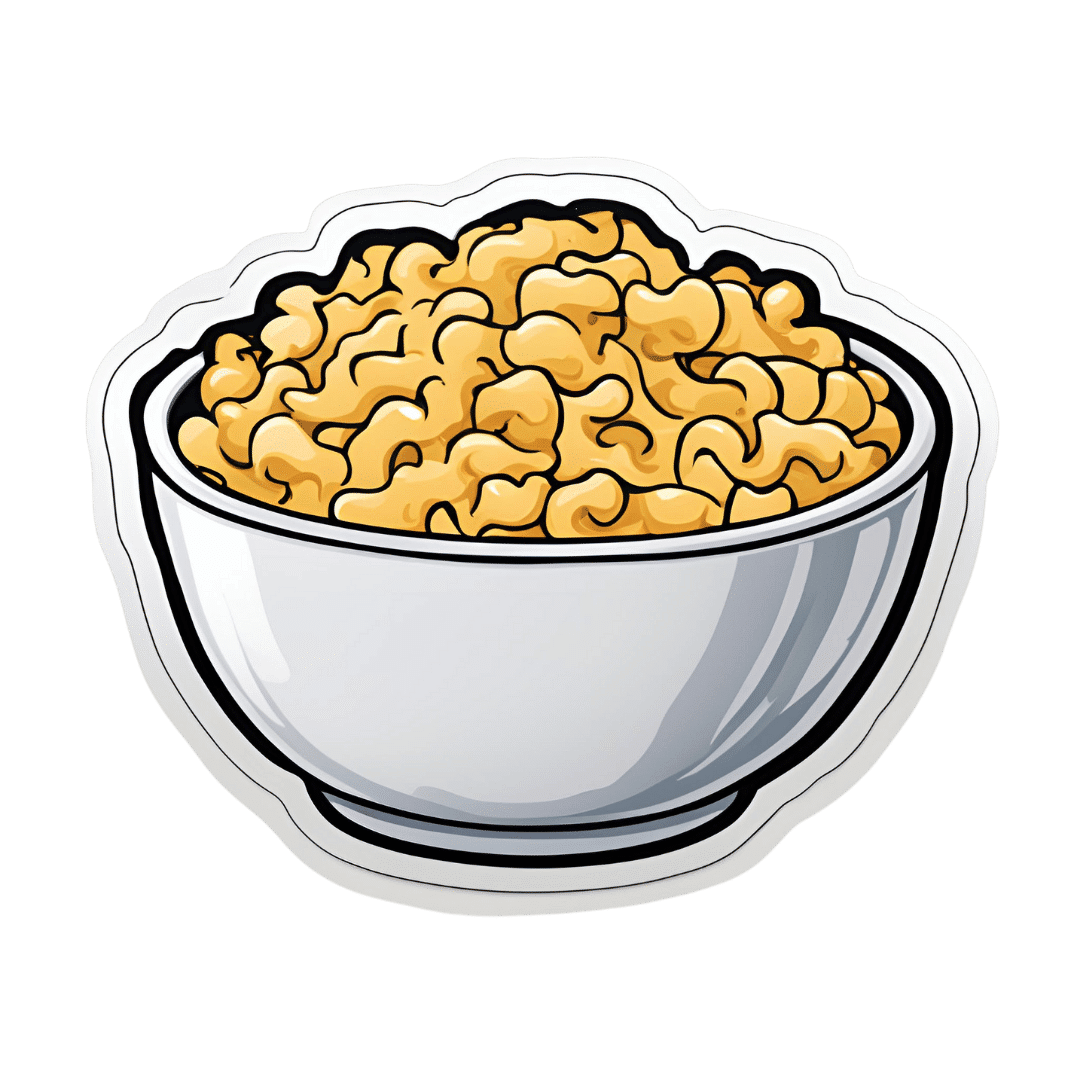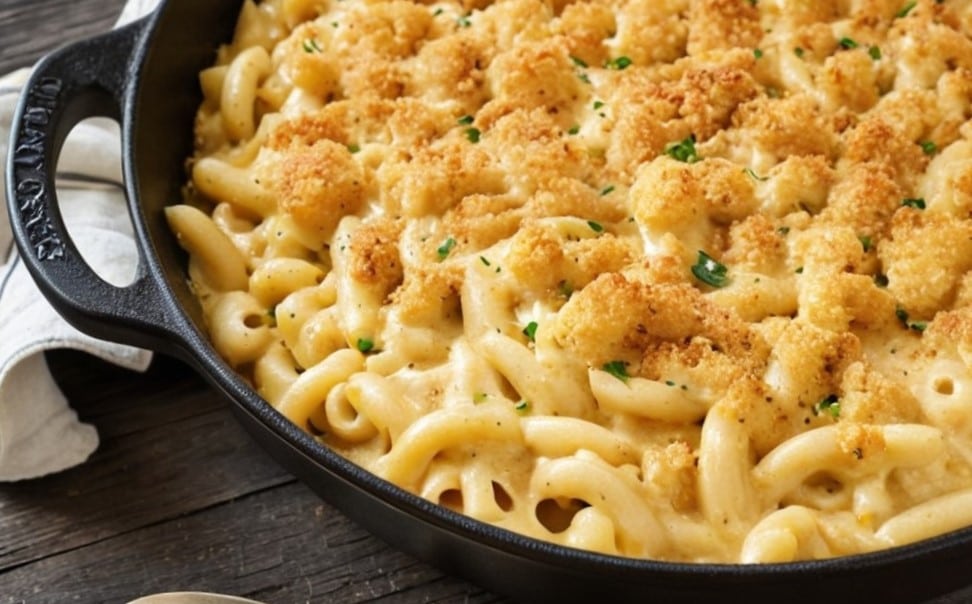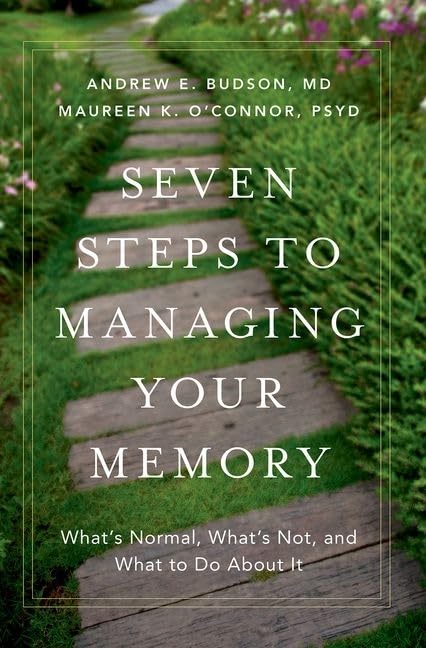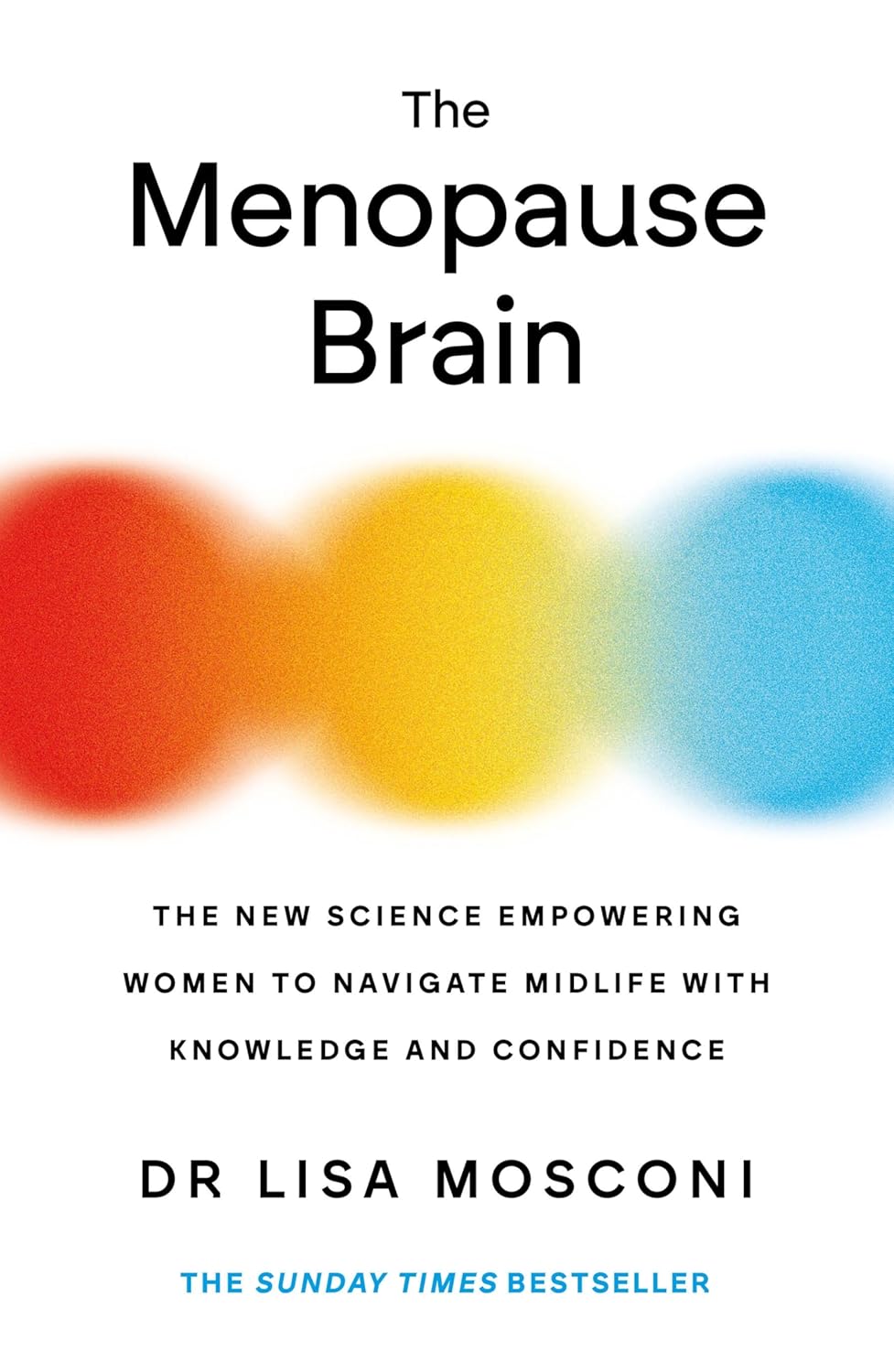
The Joy Of Missing Out
10almonds is reader-supported. We may, at no cost to you, receive a portion of sales if you purchase a product through a link in this article.
What this is not going to be: a sour grapes thing.
What this is going to be: an exploration of how the grass is greener on the other side of the fence wherever you water it
It’s easy to feel lonely and isolated, even in today’s increasingly-connected world. We’ve tackled that topic before:
How To Beat Loneliness & Isolation
One of the more passive (but still reasonable) ways of reducing isolation is to simply say “yes” more, which we discussed (along with other more active strategies) here:
When The World Moves Without Us… Can We Side-Step Age-Related Alienation?
But, is there any benefit to be gained from not being in the thick of things?
Sometimes some things associated with isolation are not, in reality, necessarily isolating. See for example:
But, the implications of embracing the “joy of missing out” are much more wide-reaching:
Wherever you are, there you are
You’ve probably read before the phrase “wherever you go, there you are”, but this phrasing brings attention to the fact that you already are where you are.
There are quite possibly aspects of your current life/situation that are not ideal, but take a moment to appreciate where you are in life. At the very least, you are probably in a safe warm dry house with plenty of food available; chances are you have plenty of luxuries too.
See also: How To Get Your Brain On A More Positive Track (Without Toxic Positivity)
And yet, it’s easy to have a fear of missing out. Even billionaires fear they do not have enough and must acquire more in order to be truly secure and fulfilled.
As it goes for material wealth, so it also goes for social wealth—in other words, we may worry about such questions as: on whom can we rely, and who will be there for us if we need them? Do we, ultimately, have enough social capital to be secure?
- For social media influencers, it’ll be follower counts and engagement.
- For the family-oriented, it might be the question of whose house a given holiday gets celebrated at, and who attends, and who does it best.
- In more somber matters, think about funerals, and those where “there was such a huge turnout” vs “almost nobody attended”.
It sure sounds a lot like a dog-eat-dog world in which missing out sucks! But it doesn’t have to.
So let’s recap: your current situation is probably, all things considered, not bad. There is probably much in life to enjoy. If people do not come to your holiday event, then those are not people who would have improved things for you. If people do not attend your funeral even, then well, you yourself will be late, so hey.
Right now though, you are alive, so…
Enjoy the moment; enjoy your life for you.
Invest in yourself. Better yourself. Improve your environment for yourself little by little.
We spend a lot of time in life living up to everyone’s expectations, often without stopping to question whether it is what we want, or sometimes putting aside what we want in favor of what is wanted of us.
- Sometimes, such ostensible altruism is laudable and good (the point of today’s article is not “be a selfish jerk”; sometimes we should indeed shelve our self-interest in favour of doing something for the common good)
- Sometimes, it’s just pointless sacrifice that benefits nobody (the point of today’s article is “there is no point in playing stressful, stacked games when you could have a better time not doing that”)
If you are about to embark on an endeavor that you don’t really want to, take a moment to seriously consider which of the above two situations this is, and then act accordingly.
For a deeper dive into that, you might like this book that we reviewed a while back:
The Joy of Saying No – by Natalie Lue
Enjoy!
Don’t Forget…
Did you arrive here from our newsletter? Don’t forget to return to the email to continue learning!
Recommended
Learn to Age Gracefully
Join the 98k+ American women taking control of their health & aging with our 100% free (and fun!) daily emails:
-
Healthy Butternut Macaroni Cheese
10almonds is reader-supported. We may, at no cost to you, receive a portion of sales if you purchase a product through a link in this article.
A comfort food classic, healthy and plant-based, without skimping on the comfort.
You will need
- ½ butternut squash, peeled and cut into small pieces (if buying ready-chopped, this should be about 1 lb)
- 1 onion, chopped
- ¼ bulb garlic
- 2 tbsp extra virgin olive oil
- 12 oz (or thereabouts) wholegrain macaroni, or similar pasta shape (even penne works fine—which is good, as it’s often easier to buy wholegrain penne than wholegrain macaroni) (substitute with a gluten-free pasta such as buckwheat pasta, if avoiding gluten)
- 6 oz (or thereabouts) cashews, soaked in hot water for at least 15 minutes (but longer is better)
- ½ cup milk (your preference what kind; we recommend hazelnut for its mellow nutty flavor)
- 3 tbsp nutritional yeast
- Juice of ½ lemon
- 2 tsp black pepper, coarse ground
- ½ tsp MSG, or 1 tsp low-sodium salt
- Optional: smoked paprika, to serve
Note: if you are allergic to nuts, please accept our apologies that there’s no substitution available in this one. Simply put, removing the cashews would mean changing most of the rest of the recipe to compensate, so there’s no easy “or substitute with…” that we can mention. We’ll have to find/develop a good healthy plant-based no-nuts recipe for you at a later date.
Method
(we suggest you read everything at least once before doing anything)
1) Preheat the oven to 400℉ / 200℃.
2) Combine the butternut squash, onion, and garlic with the olive oil, in a large roasting tin, tossing thoroughly to ensure an even coat of oil. Roast them for about 25 minutes until soft.
3) Cook the macaroni while you wait (this should take about 10 minutes or so in salted water), drain, and rinse thoroughly in cold water, before setting aside. This cooling increases the pasta’s resistant starch content (that’s good, for your gut and for your blood sugars, and thus also for your heart and brain), and it will maintain this benefit even when we reheat it later.
4) Drain the cashews, and tip them into a high-speed blender with the milk, and process until smooth. Add the roasted vegetables and the remaining ingredients apart from the pasta, and continue to process until again smooth. You can add a little more milk if you need to, but go easy with it.
5) Heat the sauce (that you just made in the food processor) gently in a saucepan, and refresh the pasta by pouring a kettle of boiling water through it in a colander.
6) Optional: combine the pasta and sauce in an ovenproof dish or cast iron pan, and give it a few minutes under the hottest grill (or browning iron, if you have such) your oven can muster. Alternatively, use a culinary blowtorch, if you have one.
7) Serve; and if you didn’t do the optional step above, this means combining the pasta and sauce. You can also dust the top with some extra seasonings if you like. Smoked paprika works well for this.
Enjoy!
Want to learn more?
For those interested in some of the science of what we have going on today:
- Butternut Squash vs Pumpkin – Which is Healthier?
- Cashew Nuts vs Coconut – Which is Healthier?
- The Many Health Benefits Of Garlic
- Black Pepper’s Impressive Anti-Cancer Arsenal (And More)
- Sea Salt vs MSG – Which is Healthier?
Take care!
Share This Post
-
Water-based Lubricant vs Silicon-based Lubricant – Which is Healthier?
10almonds is reader-supported. We may, at no cost to you, receive a portion of sales if you purchase a product through a link in this article.
Our Verdict
When comparing water-based lubricant to silicon-based lubricant, we picked the silicon-based.
Why?
First, some real talk about vaginas, because this is something not everyone knows, so let’s briefly cover this before moving onto the differences:
Yes, vaginas are self-lubricating, but a) not always and b) not always sufficiently, especially as we get older. Much like with penile hardness (or lack thereof), there’s a lot of stigma associated with vaginal dryness, and there really needn’t be, because the simple reality is that we don’t live in the fictitious world of porn, and here in the real world, anatomy and physiology can be quite arbitrary at times.
It is this writer’s firm opinion that everyone (or: everyone who is sexual, anyway) should have good quality lube at home—regardless of one’s gender, relationship status, or anything else.
Ok, with that in mind, onwards:
The water-based lube has nine ingredients: water, glycerin, cytopentasioxane, propylene glycol, xantham gum, phenoxyethanol, dimethiconol, triethanolamine, and ethylhexylglycerine.
All of these ingredients are considered body-safe in the doses present, and/but most of them will be absorbed into the skin, especially via the relatively permeable membrane that is the inside of the vagina (or anus—while the microbiome is very different, tissue-wise these are very similar).
While this is not meaningfully toxic, there’s a delicate balance going on in there, and this can upset that balance a little.
Also, because the lube is absorbed into the skin, you’ll then need more, which means either a moment’s inconvenience to add more, or else the risk of chafing, which isn’t fun.
The silicon lube has four ingredients: dimethicone, dimethiconol, cyclomethicone, and tocopheryl acetate.
Note: “tocopheryl acetate” is vitamin E
…which reminds us: just because something is hard to spell, doesn’t mean it’s necessarily bad for us.
What are the other three ingredients, though? They are all silicon compounds, all inert, and all with molecules too big to be absorbed into our skin. Basically they all slide right off, which is entirely the point of lube, after all.
It not being absorbed into our skin is good for our health; it’s also convenient as it means a tiny bit of lube goes a long way.
Any downsides to silicon-based lube?
There are two, and neither are health-related:
- It can damage silicon toys if not cleaned quickly and thoroughly, the silicon of the lube may bond with the silicon of the toy after a while.
- Because it doesn’t just disappear like water-based lube, you might want to put a towel down if you don’t want your bed to be slippy afterwards! The towel can then be put in the laundry as normal.
Want to try it out? Here it is on Amazon
Share This Post
-
Cashew Nuts vs Coconut – Which is Healthier?
10almonds is reader-supported. We may, at no cost to you, receive a portion of sales if you purchase a product through a link in this article.
Our Verdict
When comparing cashew nuts to coconut, we picked the cashews.
Why?
It can be argued this isn’t a fair comparison, as coconuts aren’t true nuts, but it’s at the very least a useful comparison, because they have very similar (often the same) culinary uses, so deciding between one or the other is something people will often do.
In terms of macros, cashews have 6x the protein and more than 2x the fiber, as well as slightly more fat (but the fats are healthy, as are those of coconut, by the way) and 2x the carbs. Depending on what you’re looking for, this head-to-head could come out differently, but we say it’s a win for cashews.
You may be wondering: if cashews have more of all those things, what are coconuts made of? And the answer is that coconuts have 8x the water (and yes, this is counting the coconut meat only, not including the milk inside). Of course, if you get dessicated coconut, then it won’t have that, but we’re comparing fresh to fresh.
In the category of vitamins, cashews have a lot more of vitamins B1, B2, B3, B5, B6, E, and K. Meanwhile, coconut has more vitamin C, but it’s not a lot. An easy win for cashews here.
When it comes to minerals, cashews have rather more calcium, copper, iron, magnesium, manganese, phosphorus, potassium, selenium, and zinc. On the other hand, coconut has more sodium. Another easy win for cashews.
Cashews also have the lower glycemic index.
All in all, cashews win the day.
Want to learn more?
You might like to read:
Take care!
Share This Post
Related Posts
-
Watch Out For Lipedema
10almonds is reader-supported. We may, at no cost to you, receive a portion of sales if you purchase a product through a link in this article.
Lipedema occurs mostly in women, mostly in times of hormonal change, with increasing risk as time goes by (so for example, puberty yields a lower risk than pregnancy, which yields a lower risk than menopause).
Its name literally means “fat swelling”, and can easily be mistaken for obesity or, in its earlier stages, just pain old cellulite.
Cellulite, by the way, is completely harmless and is also not, per se, an indicator of bad health. But if you have it and don’t like it, you can reduce it:
Obesity is more of a complex matter, and one that we’ve covered here:
Lipedema is actively harmful
Lipedema can become a big problem, because lifestyle change does not reduce lipedema fat, the fat is painful, can lead to obesity if one was not already obese, causes gait and joint abnormalities, causes fatigue, can lead to lymphedema (beyond the scope of today’s article—perhaps another time!) and very much psychosocial distress.
Like many conditions that mostly affect women, the science is… Well, here’s a recent example review that was conducted and published:
Fun fact: in Romanian there is an expression “one eye is laughing; the other is crying”, and it seems appropriate here.
Spot the signs
Because it’s most readily mistaken for cellulite in first presentation, let’s look at the differences between them:
- Cellulite is characterized by dimpled, bumpy, or even skin; lipedema is the same but with swelling too.
- Cellulite is a connective tissue condition; lipedema is too (at least in part), but also involves the abnormal accumulation and deposition of fat cells, rather than just pulling some down a bit.
- Cellulite has no additional symptoms; lipedema soon also brings swollen limbs, joint pain, and/or skin that’s “spongy” and easily bruised.
What to do about it
First, get it checked out by a doctor.
If the doctor says it is just cellulite or obesity, ask them what difference(s) they are basing that on, and ask that they confirm in writing having dismissed your concerns (having this will be handy later if it turns out to be lipedema after all).
If it is lipedema, you will want to catch it early; there is no known cure, but advanced symptoms are a lot easier to keep at bay than they are to reverse once they’ve shown up.
Weight maintenance, skin care (including good hydration), and compression therapy have all been shown to help slow the progression.
If it is allowed to progress unhindered, that’s when a lot more fat accumulation and joint pain is likely to occur. Liposuction and surgery are options, but even they are only a temporary solution, and are obviously not fun things to have to go through.
Prevention is, as ever, much better than
curetreatment ← because there is no known cureOne last thing
Lipedema’s main risk factor is genetic. The bad news is, there’s not much that can be done about that for now, but the good news is, you can at least get the heads-up about whether you are at increased risk or not, and be especially vigilant if you’re in the increased risk group. See also:
One Test, Many Warnings: The Real Benefit Of Genetic Testing
Take care!
Don’t Forget…
Did you arrive here from our newsletter? Don’t forget to return to the email to continue learning!
Learn to Age Gracefully
Join the 98k+ American women taking control of their health & aging with our 100% free (and fun!) daily emails:
-
Seven Steps to Managing Your Memory – by Dr. Andrew Budson & Dr. Maureen O’Connor
10almonds is reader-supported. We may, at no cost to you, receive a portion of sales if you purchase a product through a link in this article.
First, what this is not: a “how to improve your memory” book of the kind marketed to students and/or people who want to do memory-themed party tricks.
What this book actually is: exactly what the title and subtitle claim it to be: seven steps to managing your memory: what’s normal, what’s not, and what to do about it.
Drs. Budson & O’Connor cover:
- which memory errors can (and usually do) happen at any age
- how memory changes with normal aging, and
- what kinds of memory problems are not normal.
One thing that sets this book aside from a lot of its genre is that it also covers which kinds of memory loss are reversible—and, where appropriate, what can be undertaken to effect such a reversal.
The authors talk about what things have (and what things haven’t!) been shown to strengthen memory and reduce cognitive decline, and in the worst case scenario, what medications can help against Alzheimer’s disease and other dementias.
The style is halfway between pop-science and a science textbook. The structure of the book, with its headings, subheadings, bullet points, summaries, etc, helps the reader to process and remember the information.
Bottom line: if you’d like to get on top of managing your memory before you forget, then this book is for you.
Don’t Forget…
Did you arrive here from our newsletter? Don’t forget to return to the email to continue learning!
Learn to Age Gracefully
Join the 98k+ American women taking control of their health & aging with our 100% free (and fun!) daily emails:
-
The Menopause Brain – by Dr. Lisa Mosconi
10almonds is reader-supported. We may, at no cost to you, receive a portion of sales if you purchase a product through a link in this article.
With her PhD in neuroscience and nuclear medicine (a branch of radiology, used for certain types of brain scans, amongst other purposes), whereas many authors will mention “brain fog” as a symptom of menopause, Dr. Mosconi can (and will) point to a shadowy patch on a brain scan and say “that’s the brain fog, there”.
And so on for many other symptoms of menopause that are commonly dismissed as “all in your head”, notwithstanding that “in your head” is the worst place for a problem to be. You keep almost your entire self in there!
Dr. Mosconi covers how hormones influence not just our moods in a superficial way, but also change the structure of our brain over time.
Importantly, she also gives an outline of how to stay on the ball; what things to watch out for when your doctor probably won’t, and what things to ask for when your doctor probably won’t suggest them.
Bottom line: if menopause is a thing in your life (or honestly, even if it isn’t but you are running on estrogen rather than testosterone), then this is a book for you.
Click here to check out The Menopause Brain, and look after yours!
Don’t Forget…
Did you arrive here from our newsletter? Don’t forget to return to the email to continue learning!
Learn to Age Gracefully
Join the 98k+ American women taking control of their health & aging with our 100% free (and fun!) daily emails:








